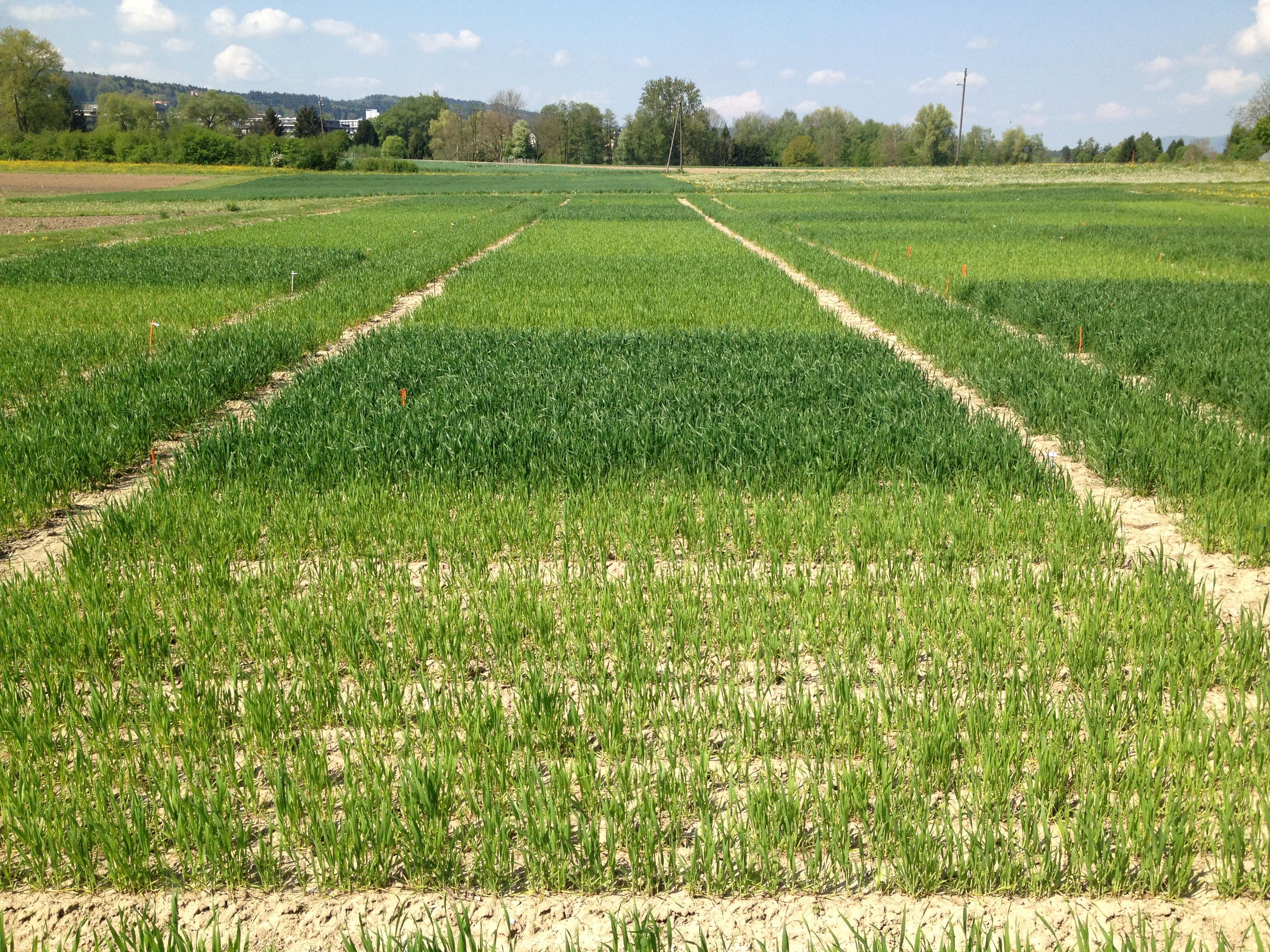Conclusion of FACCE project "MAGGnet – Greenhouse gas emissions in agriculture"

Most long-term field trials indicate that carbon in the soil decreases as a result of arable farming.
In the "MAGGnet" project Jens Leifeld, Agroscope, gathered a series of measurements of soil carbon, yields and associated parameters, such as weather data and soil density, from four long-term trials performed in Switzerland. Along with data from long-term trials carried out in other countries, these results will undergo a meta-analysis by coordinator Mark Liebig of USDA as part of the Croplands Greenhouse Gas Network (MAGGnet).
The available results indicate that declining carbon levels in Swiss agricultural soils might be a common phenomenon - even when farmyard manure is applied regularly and crop rotation patterns that include artificial pasture are used. For further conclusions, the planned analysis of data from around the world is necessary. The team calls for institutional support and rules that ensure that data from long-term field trials are openly available because the multiple use of data generally adds to how much they contribute to expanding our knowledge.
- Project page
- Executive Stakeholder Summary (available in German or French only) ()
- Project page of FACCE - JPI
- Croplands Research Group
